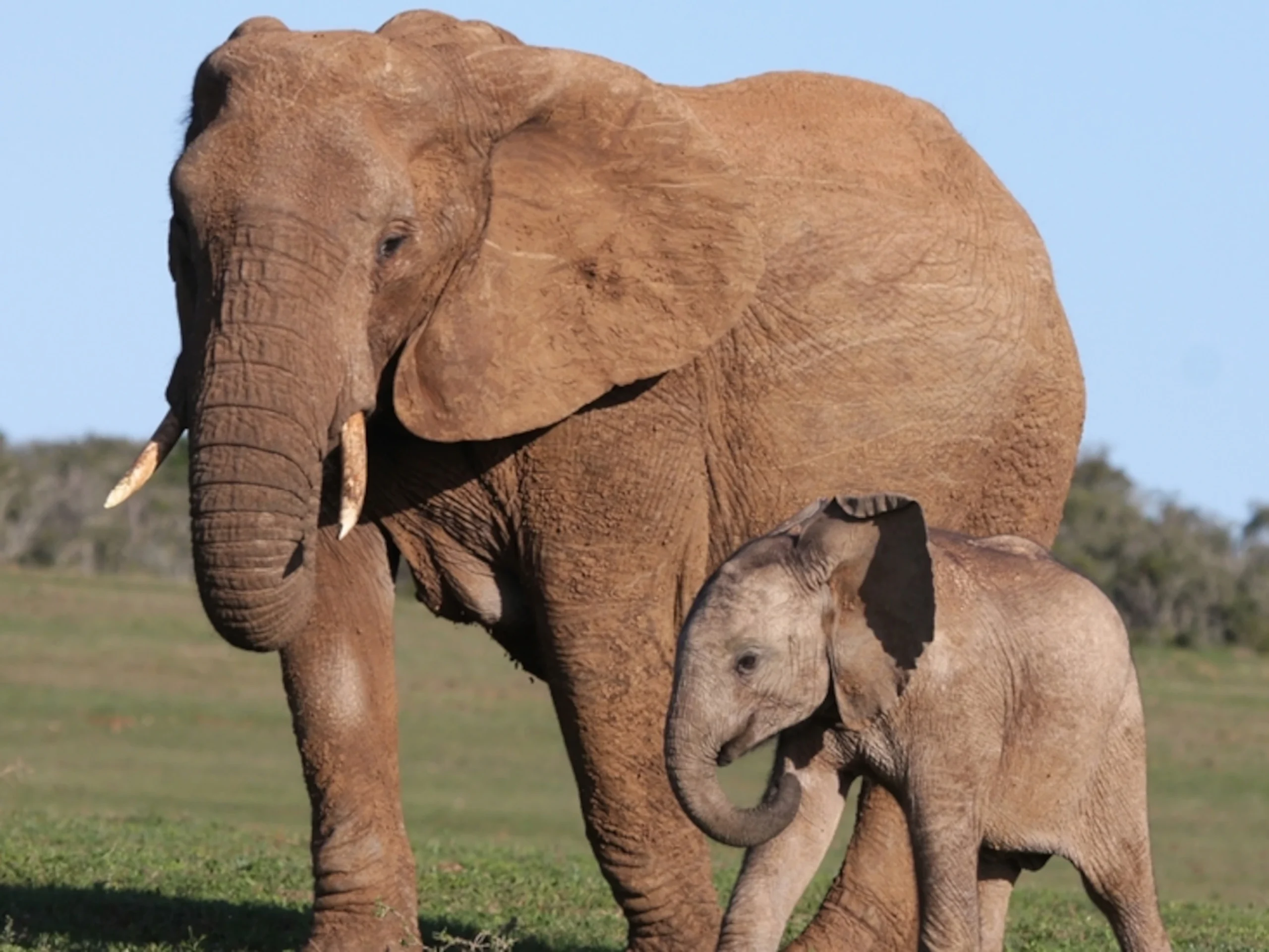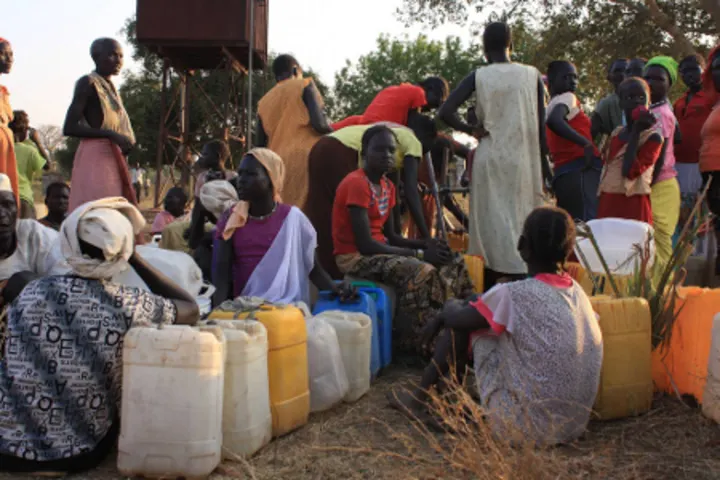
Parts of Kenya have experienced four consecutive seasons with inadequate rain in the past two years, with dire effects for people and animals, including livestock.
Mortality rate among herbivore species such as elephants increased. At the Reteti Elephant Sanctuary, a community owned elephant sanctuary situated in Northern Kenya, the effects of the drought are crystal clear.
“Elephants drink 240 litres of water per day. And the drought is something to do with water and food”, Jim Justus Nyamu, an elephant research scientist explains.
“The issue is where we have reported cases of the animals dying, is not actually within the park. It is basically outside the park. That tells you they were actually looking for where they used to forage, the corridors, migratory routes, that have severely been blocked by the human interface”, he adds.
Jim Justus Nyamu believes conservation models must change and migratory corridors must be opened so the elephants can move to greener areas during drought.
The sanctuary which exists since 2016 is home to 40 elephant calves. Around 30 are thought to have been brought here due to the drought.
Spike in the number of orphaned elephants
Elephants have a gestation period of 22 months and are sometimes unable to carry their pregnancies to term. Most mother elephants succumbed to diseases that occur due to a weakened immune system.
A report by the Kenyan Tourism and Wildlife ministry revealed that between February and October this year, 205 elephants died as a consequence of the lack of rain.
“The drought affects the elephants and other wild animals because first it is a form of stress that makes the animals’ immunity to be lowered and this contributes to infection”, Isaiah Alolo, veterinary doctor explains.
So, mostly when the mothers die because of drought, we will get a lot of orphaned animals and it will raise the number of rescues and that brings a lot of pressure to the institution.”
Some of Kenya’s most-visited national parks, reserves and conservancies, including the Amboseli, Tsavo and Laikipia-Samburu areas (southern regions) are located in worst-affected ecosystems. Teams there sparne no effort to keep on their mission.
“Because we know that they are not getting enough food in their natural habitat, due to drought, we better go and look for additional supplements, like the pellets and other plants, like cut plants from far from here”, Dorothy Lowakutuk says.
“We drive our vehicles and people have to go and cut plants and bring them here. At least we ensure our elephants are recovering what they don’t get in their natural habitat”, the elephant caregiver at Reteti Elephant Sanctuary concludes.
The Kenyan Wildlife ministry said additional hay would be dropped off.













